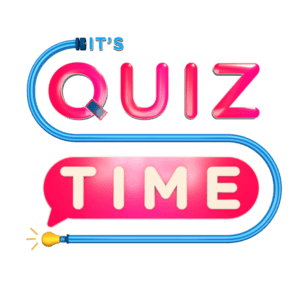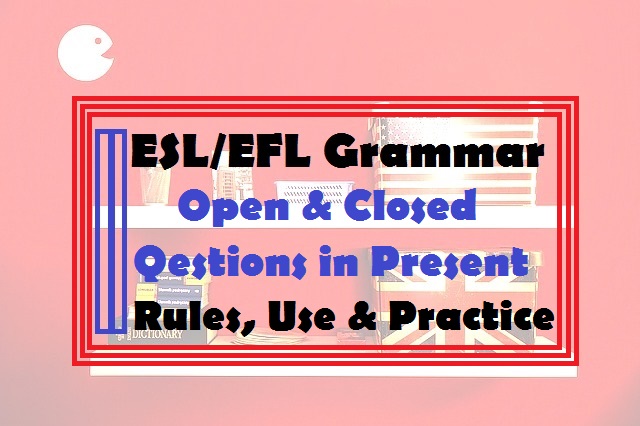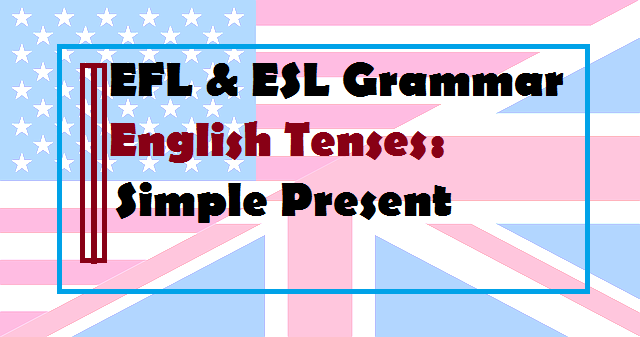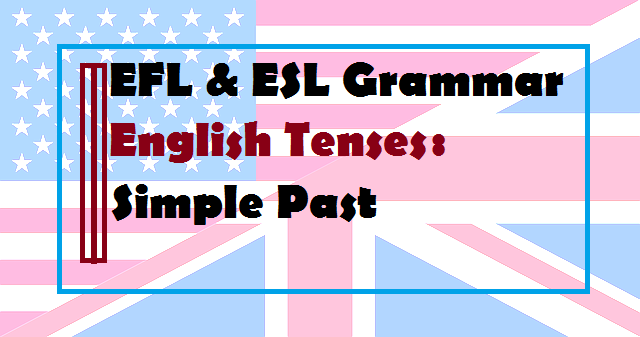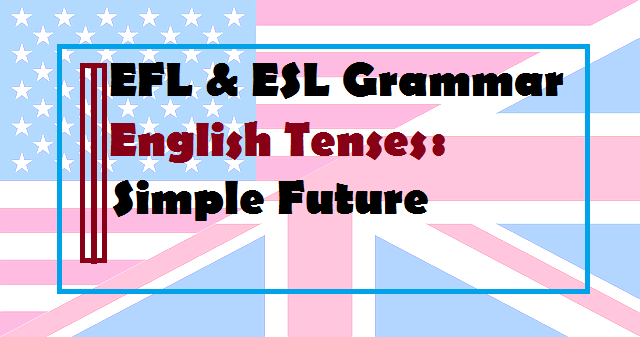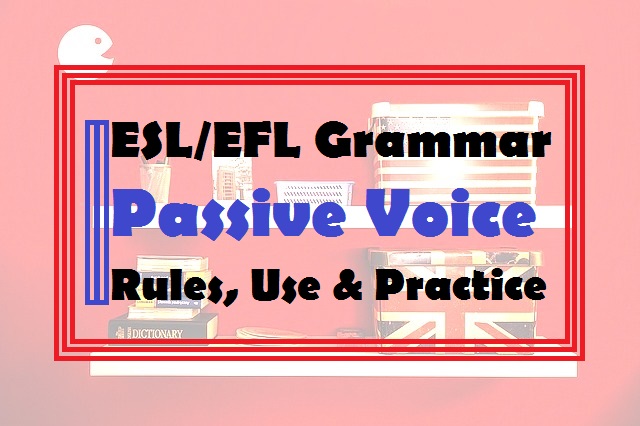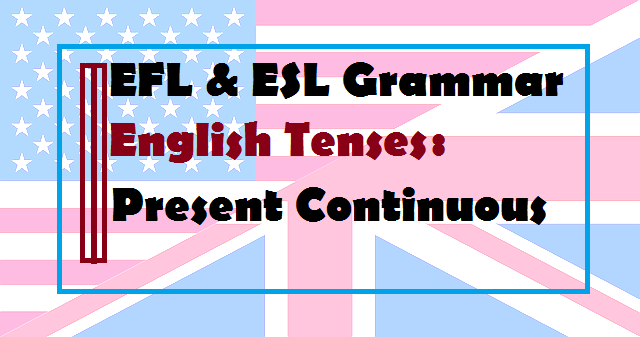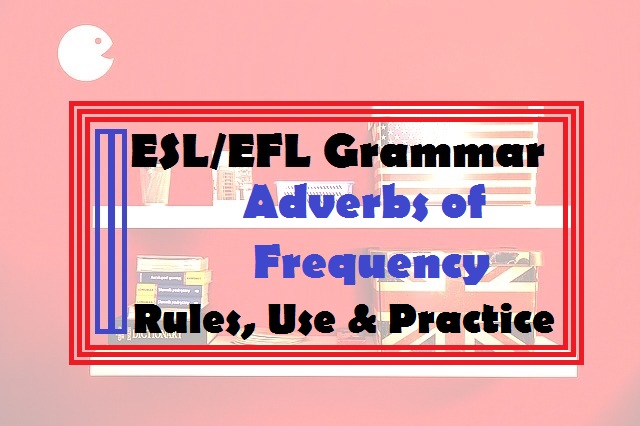EFL/ESL Grammar: Rules, use, and practice
How to use closed and open questions in the simple present in English
- Closed questions: questions that are answered with a YES or NO.
- Open questions: questions that may have long answers. We usually use these words: what, who, where, when, which, whose…etc.
Closed questions with verb /to be/.
Questions | Answers | |
|
Is he a teacher? Are you a student? Is she your sister? Are they your friends? | Positive | Negative |
| Yes, he is. Yes, I’m. Yes, she is. Yes, they. | No, he is not. Yes, I’m not. No, she is not. No, they are not. | |
Open questions with verb /to be/.
Questions | Answers |
| What is your name? Where are you from? Why are you here? Who is she? Which one is yours? Whose car is this? | My name is Julia. I’m from Spain. I’m here to study. She is my friend. The red one is mine. It is Sam’s car |
Closed questions with verbs /to study, to love, to live, to hear, to travel/.
| Questions | Answers | |
| Do you study English? Does she love Arabic? Do they live here? Does he hear me? Do we travel? | Negative | Positive |
| No, I don’t. No, she doesn’t. No, they don’t. No, he doesn’t. No, we don’t. | Yes, I do. Yes, she does. Yes, they do. Yes, he does. Yes, we do. | |
Open questions with verbs / to study, to love, to live, to hear, to travel/.
| Questions | Answers | |
| When do you study English? When does he study English? Why do you love Arabic? Why does he love Arabic? Where do they live? Where does he live? What do you do on Sundays? What does she do on Sundays?
| I study English in the morning. He studies English in the afternoon. I love Arabic because it is beautiful. He loves Arabic because it is easy. They live in Hong Kong. He lives in Rabat. I go to the beach. She plays basketball with her friends. | |
Closed questions
Check your understanding here..
